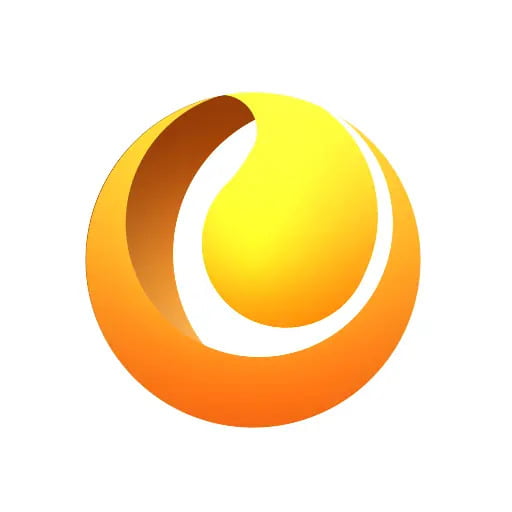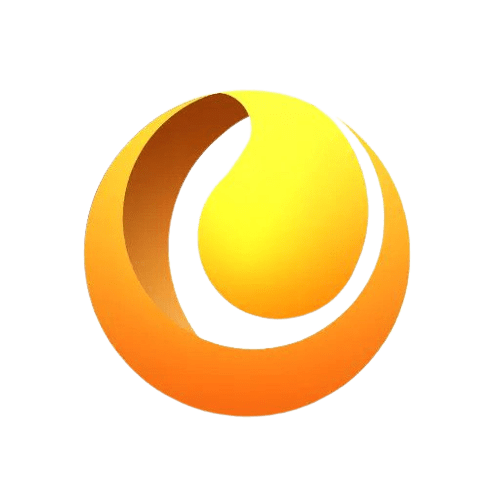Customer relationship management software (CRM) is revolutionising how not-for-profits connect with donors, turning manual processes into seamless, impactful interactions. Discover how CRM can transform your not for profit’s mission and secure long-term support for your cause.
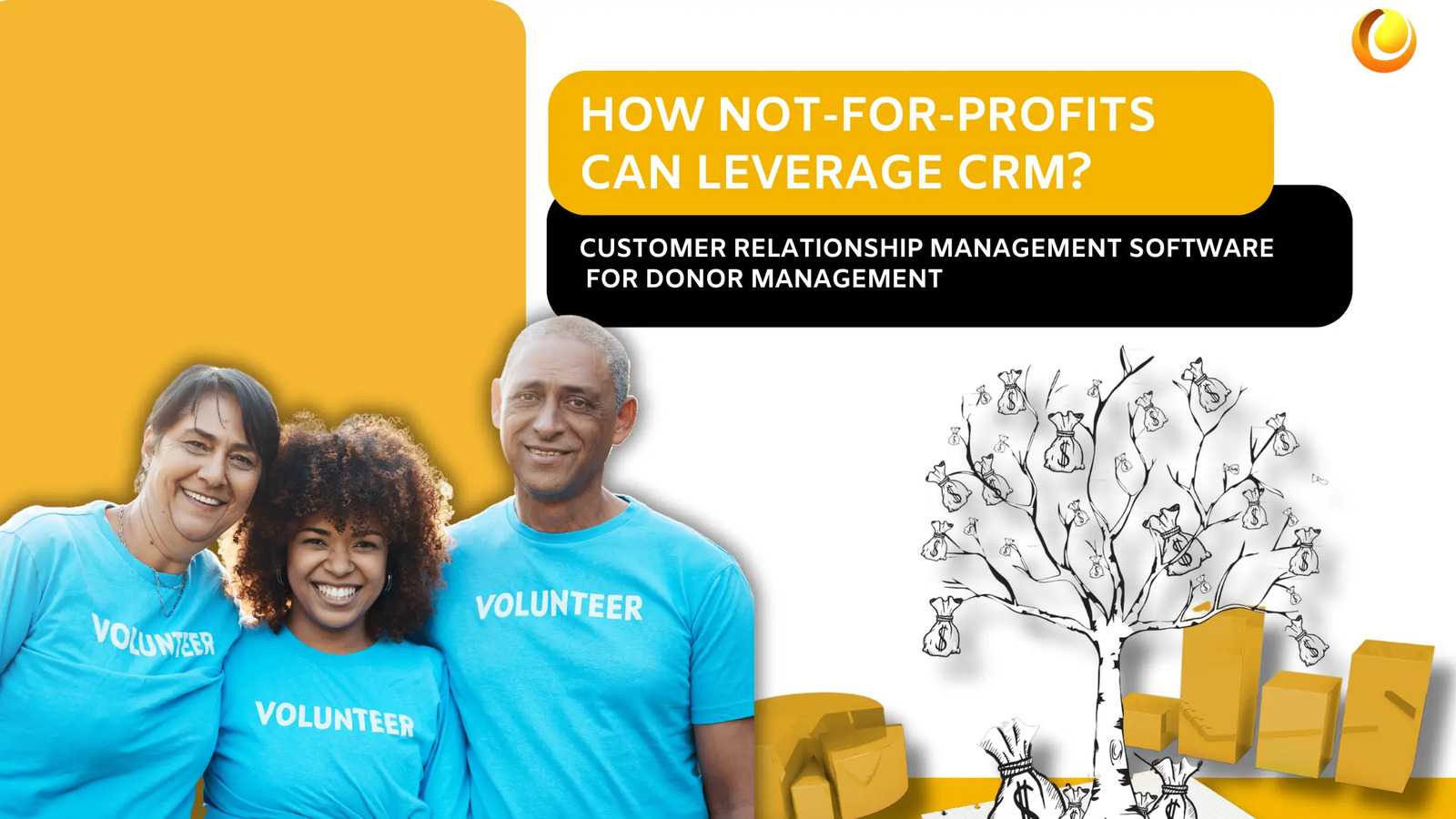
List of Content
Introduction
In the not-for-profit sector, donor management is the backbone of sustainable fundraising and organisational growth. Donors are not just sources of funds; they are partners in the mission to create positive change. Building and maintaining strong relationships with donors is critical to ensuring long-term support and engagement. However, managing donor relationships manually can be time-consuming, error-prone, and inefficient, particularly as the donor base grows.
Now, it is time to introduce customer relationship management software (CRM), which most will associate with non-profit enterprises despite its roots beginning in the realm of for-profits. This tech developed over the last few decades based on non-profits' varied needs. CRM is software that can be used for specialised donor management—an increase in engagement—and effective fundraising. It helps organisations evolve their relationship with donors in line with mission performance.
This post will explain how not-for-profits can use Customer Relationship Management software, to manage their donors. It will also discuss some of the major advantages of CRM and best practices for its implementation.
Understanding Customer Relationship Management Software and Its Role in Not-For-Profits
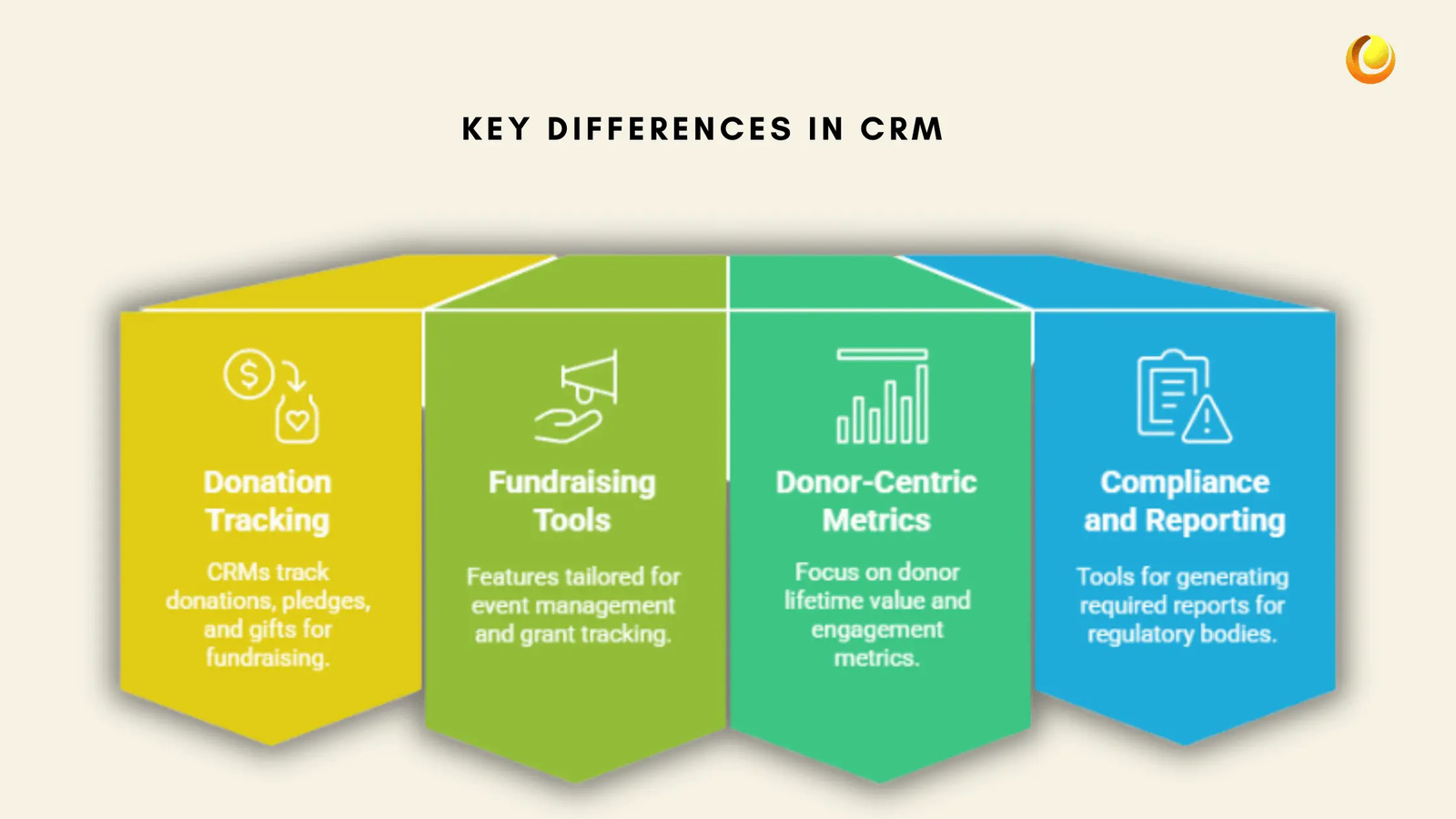
What is Customer Relationship Management software?
A CRM or Customer Relationship Management software is a type of software used to help an organisation manage all their interactions with their customers and team. This platform serves as a central hub for storing data, tracking interactions, and automatically sending communication messages. Unlike other CRMs meant specifically for selling and customer support, you can customise CRMs that may be used to track donations, keep track of the management of different fundraising campaigns, and track the management of grants.
Key differences: Standard CRM versus a customised non-profit-focused CRM
While mainstream Customer Relationship Management software emphasises customer acquisition and sales pipelines, customised CRM for a not-for-profit organisation focuses on the engagement and retention of donors. A few key differences are:
Donation Tracking: CRMs allow not-for-profits to track donations, pledges, and recurring gifts, providing a clear picture of fundraising progress.
Fundraising Tools: Features like event management, peer-to-peer fundraising, and grant tracking are tailored to not-for-profit needs.
Donor-Centric Metrics: CRMs focus on metrics like donor lifetime value, retention rates, and engagement levels rather than sales metrics.
Compliance and Reporting: Not-for-profits CRMs often include tools for generating reports required by regulatory bodies and grant-making organisations.
Why Donor Management Requires a Specialised CRM Solution
Donor management is inherently unique from customer management. Not-for-profit organisations rely heavily on trust and long-term relations, inspiring supporters to give money to their causes. A specialist Customer Relationship Management software provides exactly the tools and capabilities needed: personalised communication with donors, proper donor segmentation, and automated workflow. Without that, not-for-profits run the risk of losing valuable insights about their donors and missing great opportunities to dive deeper into those relationships. You may also need expert CRM consultants to customise and optimise according to your needs.
Key Benefits of Using CRM for Donor Management
Centralisation of Donor Data Management. The main importance of CRM in managing donors lies in centralising donor data management. In not-for-profit organisations, this is normally data spread in the form of a single sheet of electronic mail or hand records. Through Customer Relationship Management software, donor data are unified in a system for easier and more effective management and access.
Storing and Accessing Donor Information: Customer Relationship Management software saves all the details like contact information, donation history, communication preferences, and volunteer activities in one place.
Elimination of Data Silos: Breaking down data silos would ensure that fundraising, marketing, and program management teams have the same information available to them for better coordination and efficiency.
Enhanced Donor Engagement and Relationship Building
Donor engagement is the basis of successful fundraising. Customer Relationship Management software helps not-for-profits track all interactions with donors, from emails and phone calls to event attendance and social media engagement.\
Donor Interaction Tracking: By tracking interactions, not-for-profits can learn more about donor preferences and communicate better with them.
Personalised Communication: Using Customer Relationship Management software can enable not-for-profits to send personalised communications, such as birthday greetings and anniversary acknowledgments, as well as updates about how donations make a difference.
Building Relationships: Targeted outreach based on a donor's area of interest or level of engagement helps build much stronger, meaningful relationships.
Automation for Increased Efficiency
Manual tasks consume a business's valuable time and resources. A CRM automates repetitive processes, freeing up staff to focus on strategic activities.
Automated Thank-You E-mails and Donations Receipts: Customer Relationship Management software automatically sends out thank-you e-mails and donation receipts to make communication timely and uniform.
Follow-up reminders: The system can remind staff to follow up with donors after events or meetings, thus reducing the chances of missed opportunities.
Reduces manual workload: Automation reduces the need for manual data entry and tracking, which reduces errors and improves efficiency.
Donor Segmentation and Targeted Campaigns
All donors are not the same. Customer Relationship Management software enables not-for-profits to classify donors based on factors such as giving history, interests, and engagement levels.
Classification of Donors: Segmentation enables not-for-profits to create donor profiles and tailor their outreach strategies. You must understand the types of donors.
Personalised Campaigns: By running targeted campaigns, not-for-profits can increase the chances of donor participation and contributions.
Better Fundraising Results: Personalised appeals are more likely to be responded to by donors, thus increasing the response rate and amount of donations.
Data-Driven Decision Making
A CRM provides valuable insights through analytics and reporting tools. Not-for-profits can use this data to identify trends, measure campaign effectiveness, and make informed decisions.
Identifying Donor Trends: Analytics can reveal patterns in donor behaviour, such as peak giving times or preferred communication channels.
Strategic Decision Making: Data-driven insight can help not-for-profit organisations decide how to better optimise resources and fine-tune a strategy for fundraising.
Measuring Impact: Tracking major metrics that will demonstrate impact for donors and stakeholders, and not-for-profits can build trust and credibility.
How Zoho CRM Can Help Not-for-profit Organisations?
Not-for-profit organisations operate in a rather unique environment where strong relationships must be built and maintained with donors, volunteers, and stakeholders to successfully achieve the mission of the organisation. However, these relationships can easily become overwhelming for an organisation, especially as the organisation grows and becomes more complex. This is where Zoho CRM, the versatile and affordable Customer Relationship Management Software (CRM) solution, helps. But still, it goes well beyond the for-profit sector; one can get great features and more customisations related to it by using Zoho CRM.
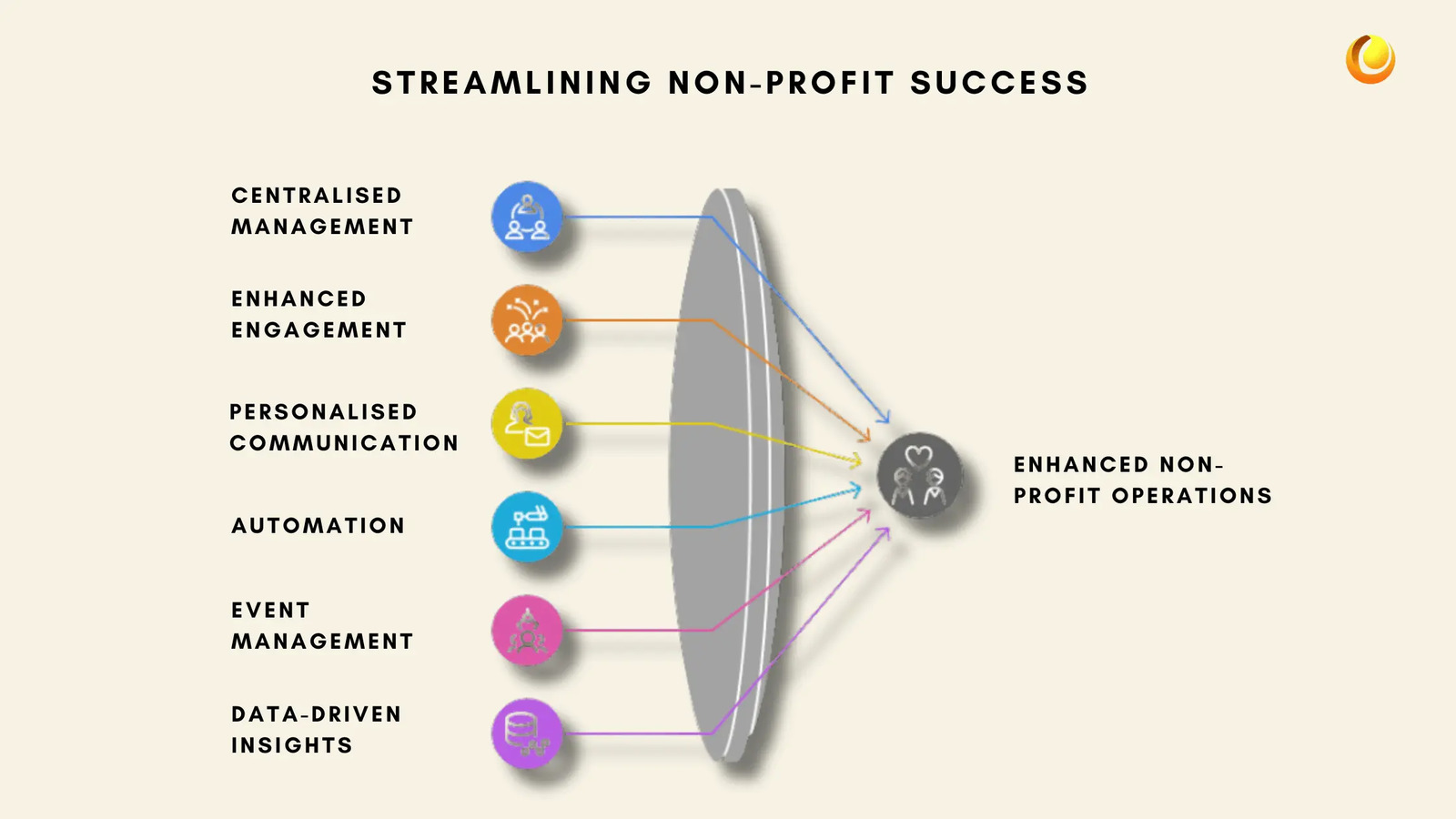
let's find out how Zoho CRM can help streamline donor management, improve engagement, or enhance fundraising through not-for-profit organisations.
Centralised Donor and Stakeholder Management
With various spreadsheets of data, a lot of scattered emails, and paper records from which not-for-profits generate information, organisations can now gather all donor, volunteer, or stakeholder-related information in a single place due to Zoho CRM. There is no data fragmentation; individuals in the same organisation will have synchronised information.
Donor Profiles: Establish a detailed donor profile with contact information, donation history, communication preferences, and engagement history.
Volunteer Management: Track volunteer information about skills, availability, and previous involvement.
Stakeholder Tracking: Manage relationships with partners, grant-making organisations, and other stakeholders.
Easy Access and Collaboration: Zoho CRM’s cloud-based platform allows staff and volunteers to access donor information from anywhere, at any time. This is handy for not-for-profits that have remote or multiple locations-based teams.
Enhanced Donor Engagement and Relationship Building
Zoho CRM allows organisations to record everything that has gone on with their donors, via email, phone calls, meetings, and event attendance amongst others. Hence, the non-profit can grasp a better preference of the donors and tailor their communication and outreach.
Donor Interaction Timeline: See donor interactions in depth, including messages, emails and more.
Task Reminders: Set reminders for follow-ups, thank-you notes, or event invitations to ensure no opportunity is missed.
Personalised Communication: Zoho CRM allows not-for-profits to send personalised messages to donors, fostering stronger relationships and increasing engagement.
Email Templates: The software allows creating and using customisable email templates for thank-you notes, newsletters, and event invitations.
Mass Email Campaigns: Targeted mass email campaigns to specific segments of donors based on their interest and engagement levels are sent.
Automation for Increased Efficiency
Not-for-profits spend more time sending thank-you e-mails, preparing donation receipts, and up-to-date information about the donor. Zoho CRM automates all these processes, making the staff focus more on strategic activities.
Workflow Automation: Automate workflows in sending reply emails to donors, updating donor records and assigning follow-up tasks.
Donation Receipt: Auto-generate and send donation receipts to donors.
Event Management: Zoho CRM includes tools for managing fundraising events, from planning and registration to post-event follow-ups.
Event Tracking: Track event attendance, donations, and volunteer participation.
Automated Reminders: Send automated reminders and updates to event attendees.
Donor Segmentation and Targeted Campaigns
Zoho CRM gives not-for-profits a list of different criteria through which their donors may be segmented on the grounds of donation history and interest in engagements. Organising these aspects may help develop niche campaigns aligned to specific segments among the donor portfolio.
Donor Segmentation: Major Donor and Recurring Donor Creation. Event-hosted people etc.
Custom Fields: Add custom fields to donor profiles to capture specific information relevant to your organisation.
Personalised Fundraising Campaigns: Using donor segmentation, not-for-profits can run more effective personalised fundraising campaigns.
Targeted Appeals: Send targeted appeals to specific donor segments, and the chances of getting donations will be higher.
Campaign Tracking: Track the performance of fundraising campaigns in real-time and make changes accordingly.
Data-Driven Decision Making: Zoho CRM provides not-for-profits with strong analytics and reporting tools that enable them to make informed decisions.
Donor Trends: Understand patterns in giving, whether it is at specific times of the year or via the Internet.
Campaign performance: Determine the success of campaigns and change plans appropriately.
Custom Reports: Generate custom reports to meet the specific needs of your organisation.
Dashboards and Insights: Zoho CRM’s customisable dashboards provide a visual overview of key metrics, making it easy to track progress and identify areas for improvement.
Real-Time Data: Access real-time data on donor engagement, fundraising progress, and campaign performance.
KPIs: Monitor donor retention rates, average donation sizes, and ROI on campaigns.
Integration with Other Tools
Integration with Other Tools: Zoho CRM connects to a plethora of tools and platforms, thereby allowing not-for-profits to create a singular ecosystem for managing donors.
Zoho Suite: Integrate other Zoho apps like Zoho Books for accounting, Zoho Campaigns for email marketing, and Zoho Analytics for deeper reporting.
Third-Party Tools: Connects to popular tools such as Mailchimp, Google Workspace, and social media sites.
Payment Gateway Integration: The tool integrates payment gateways, including PayPal, Stripe, and Razorpay. It is quite easy to make donations and follow transactions.
Affordability and Scalability
Zoho CRM has a lot of pricing plans available, ranging from free tier for small not-for-profit organisations, hence, it will not be that costly for organisations having limited budgets.
Free Plan: The free plan supports up to three users and includes basic Customer Relationship Management software features.
Scalable Plans: As your organisation grows, you can upgrade to higher-tier plans with advanced features.
Practices for Implementing a CRM for Donor Management
Choosing the Right CRM for Your Not-for-profit
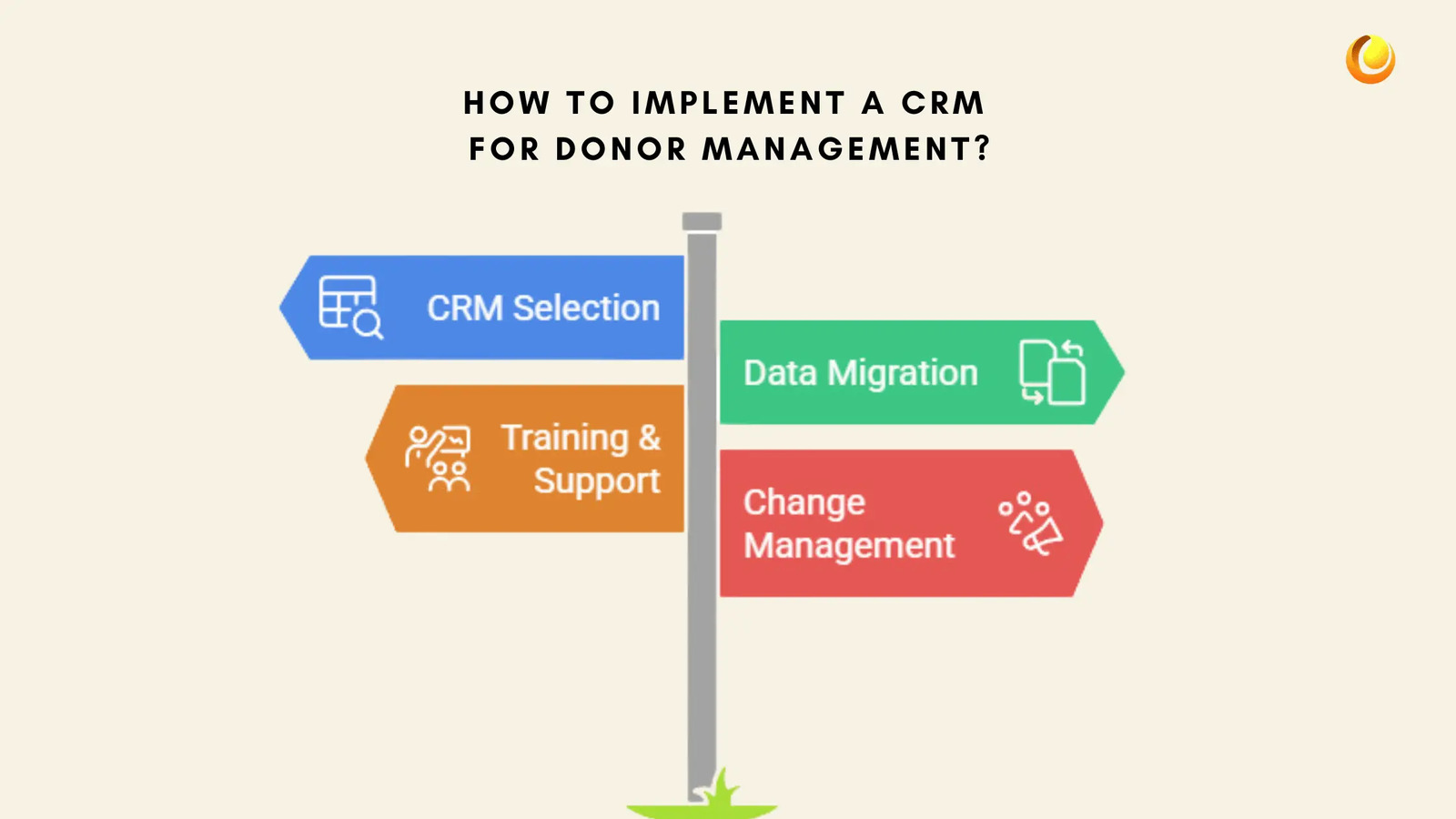
Selection of the appropriate Customer Relationship Management software is an important enabler of success. Therefore, consider the following aspects:
Not-for-profit-Specific Features: the CRM ought to have specific features that are only pertinent for donor management, such as tracking donations and fundraising campaign management.
Scalability: Choose a solution that will grow with your organisation.
Ease of Use: a user-friendly interface ensures rapid adoption and uptake, both among staff and volunteers.
Ensuring Smooth Data Migration and Team Adoption
Data Migration: Work with the CRM provider to ensure accurate and secure data migration from existing systems.
Training and Support: Provide comprehensive training to staff and volunteers to ensure they can use the Customer Relationship Management software effectively.
Change Management: Communicate the benefits of the new system to gain buy-in from all stakeholders.
Regularly Updating and Maintaining Donor Data
Regular cleaning and updating of donor records to ensure accuracy.
Integration with other systems
Ensure the CRM integrates with other tools used by your organisation such as email marketing platforms, and accounting software among others.
The effectiveness of Customer Relationship Management software performance is to be continuously monitored and enhanced accordingly.
The Future of Donor Management with Customer Relationship Management Software
Artificial Intelligence and automation are changing the face of donor management. AI-based tools can analyse donor behaviour, predict giving patterns, and suggest customised outreach strategies. Automation helps eliminate repetitive tasks so that not-for-profits can focus on relationship-building.
Customer Relationship Management software is increasingly offering mobile apps, enabling staff to access donor information on the go. Advanced analytics tools provide deeper insights into donor behaviour and campaign performance. CRMs incorporate interaction via a donor on social media, monitor their engagement, and also run targeted campaigns.
Adapting technologies such as AI and CRM will make not-for-profits adopt the use of technology and meet changing donor expectations to be competitive. Leverage Customer Relationship Management software solutions to enhance donor engagement, improve fundraising efficiency, and effectively pursue their mission.
Conclusion
Donor management is one of the most important parts of the not-for-profits’ success. A properly implemented CRM can be a difference-maker for any organisation. From centralised data management to higher engagement and automated processes to decision-making through data, there is no question as to the power of a CRM. With features specific to the not-for-profit world and seamless integration, Microsoft Dynamics 365 can bring these results together.
Not-for-profit using Customer Relationship Management software solutions can develop long-lasting donor relationships more effectively, optimising fundraising efforts toward creating a broader impact. Staying ahead of the curve has a lot to do with tomorrow's donor management and technology usage.
Want to implement or improve your CRM, then connect withIT Solutions Solved, we have tons of experience in the field of tech implementation, especially in Customer Relationship Management software. Connect with us and grow your business.
